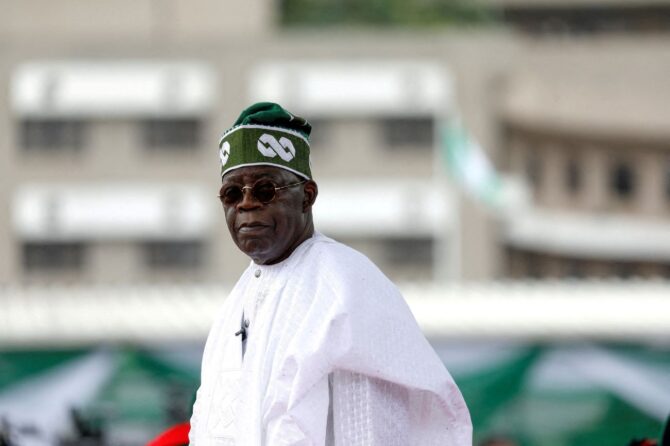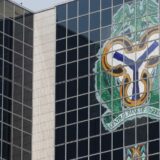Nigeria’s Foreign Reserves Rise to $40.19 Billion, Net Reserves Hit $23.11 Billion, Amid Challenges
ABUJA — The Central Bank of Nigeria (CBN) reported a significant increase in the country’s foreign exchange reserves, with gross reserves reaching $40.19 billion as of December 2024. This marks a substantial rise from $33.22 billion at the end of 2023. Additionally, net foreign exchange reserves (NFER) soared to $23.11 billion, the highest level in over three years, up from $3.99 billion in 2023, $8.19 billion in 2022, and $14.59 billion in 2021.
Key Drivers of Reserve Growth
- Reduction in Short-Term FX Liabilities:
- The CBN significantly reduced its exposure to short-term foreign exchange obligations, such as swaps and forward contracts, which previously posed risks to liquidity.
- This strategic move helped stabilize the reserve position and enhance investor confidence.
- Increased FX Inflows from Non-Oil Sources:
- A boost in foreign exchange inflows from non-oil sectors strengthened the reserve position, reflecting a diversified economy.
- These inflows included remittances and investments in sectors like agriculture and manufacturing.
- Reforms to Rebuild Confidence:
- The CBN implemented policy measures aimed at restoring trust in the FX market, attracting more sustainable and stable inflows.
- These reforms included efforts to improve transparency and efficiency in the foreign exchange market.
Challenges Facing Reserve Growth
- Decline in Reserves in Early 2025:
- Despite the year-end high, Nigeria’s foreign reserves declined by $2.55 billion in the first quarter of 2025, reaching $38.33 billion by March 27, 2025.
- This drop was attributed to the CBN’s interventions in the FX market to stabilize the naira and settle short-term obligations.
- Dependence on Oil Exports:
- Nigeria’s reliance on oil exports remains a challenge, as declining oil production due to theft and infrastructure issues limits forex inflows.
- The country faces pressure from imports, which continue to exert strain on foreign exchange reserves.
CBN’s Outlook for 2025
- Positive Projections: The CBN remains optimistic about sustaining the upward trend in 2025, driven by improved oil production and a more favorable export environment, particularly in non-oil sectors.
- Challenges Ahead: Despite these gains, Nigeria faces ongoing challenges such as maintaining oil production levels and diversifying its economy to reduce reliance on oil exports.
Public Reaction
- Economic Optimism: Analysts view the increase in reserves as a positive sign for Nigeria’s economic stability and its ability to withstand external shocks.
- Concerns Over Decline in Q1 2025: However, the decline in reserves by $2.55 billion in the first quarter of 2025 has raised concerns about maintaining this momentum.
Conclusion
The rise in Nigeria’s foreign reserves reflects the CBN’s strategic efforts to enhance economic stability and investor confidence. As the country navigates ongoing economic challenges, these reserves will play a crucial role in supporting a stable exchange rate and fostering long-term economic resilience.

















